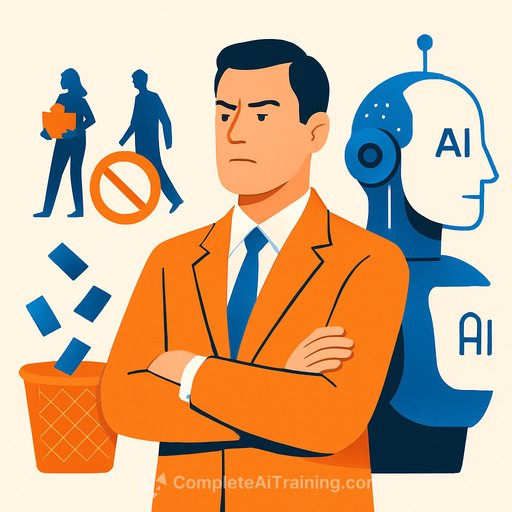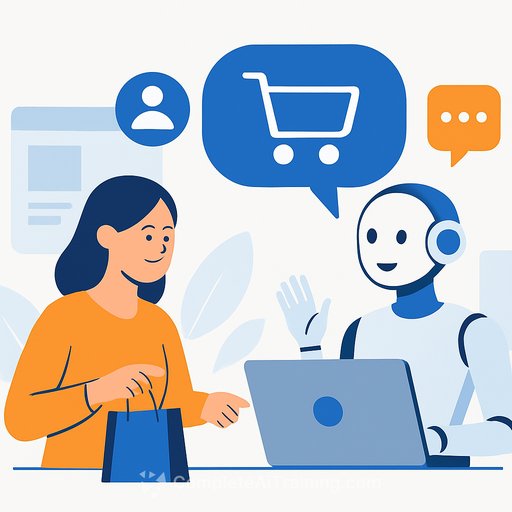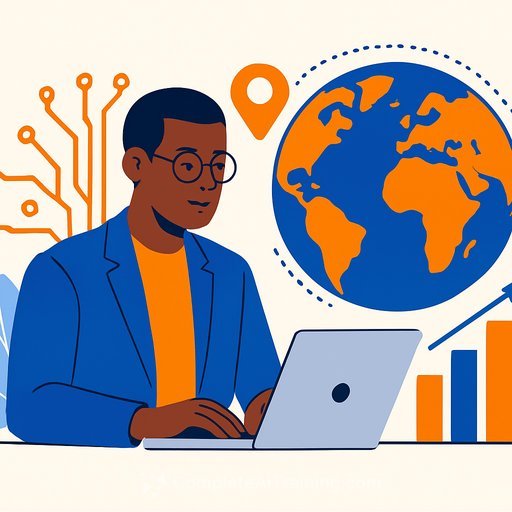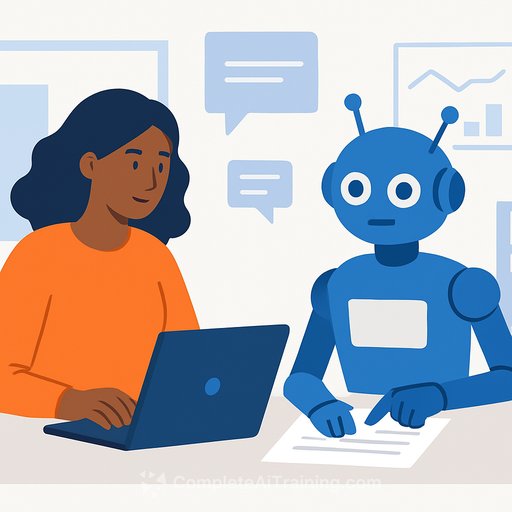Why One CEO Let Go of Nearly 80% of His Team Over AI Resistance—and Why He Would Do It Again
Eric Vaughan, CEO of IgniteTech, made a drastic move in early 2023. Convinced that generative AI was an existential shift for business, he faced a team unwilling to adopt it fast enough. His response? Within a year, IgniteTech replaced close to 80% of its staff.
This wasn’t about downsizing for profit. Vaughan explains the real challenge was mindset, not skills. “Changing minds was harder than adding skills,” he said. The decision was painful but, looking back, necessary to align the company’s culture with AI-driven goals.
The Culture Shift: AI Monday and Massive Upskilling
Vaughan called an all-hands meeting, declaring that AI would now be central to every role. To back this, IgniteTech invested heavily in AI tools, education, and projects. Every Monday was dedicated solely to AI work—no customer calls, no budgets, just AI.
The company reimbursed for AI tools and classes, even hiring external experts to help build this new culture across all departments, from tech to sales and marketing. Despite these efforts, resistance emerged, especially among technical staff who doubted AI’s capabilities.
Resistance from Within: Why the Pushback?
Surprisingly, it was the technical teams who resisted most, focusing on AI’s limitations rather than possibilities. Meanwhile, sales and marketing teams were more enthusiastic about the new tools.
Research supports this friction. According to a 2025 report by WRITER, an AI platform for enterprises, one in three workers admitted to actively sabotaging AI rollouts. Younger employees, including millennials and Gen Z, showed even higher rates of resistance.
Sabotage ranged from refusing AI tools to producing poor outputs or skipping training. Fear of job loss and frustration with poor AI implementations caused many to disengage.
Hiring for Belief: The Rise of AI Innovation Specialists
Faced with resistance, IgniteTech realized it had to rebuild its team with people who embraced AI. They launched a major recruiting push for “AI Innovation Specialists” across all functions. This led to a company-wide reorganization, placing every division under a centralized AI leadership.
This structure cut down duplicated efforts and boosted knowledge sharing—both common hurdles when companies try to implement AI without a clear strategy.
The Results: Faster, Smarter, Stronger
By the end of 2024, IgniteTech had developed two patent-pending AI solutions, including an AI-based email automation platform called Eloquens AI. Despite the upheaval, the company maintained strong financial health, finishing 2024 with nearly 75% EBITDA and completing a major acquisition.
Vaughan highlights a new pace of innovation: building customer-ready products in as little as four days—something unheard of before.
What This Means for Customer Support Teams
For those in customer support, this story underscores the importance of embracing AI not just as a tool, but as a core part of the job. Resistance can stall progress, but openness to learning new AI skills can position you as an indispensable team member.
If you’re looking to boost your AI skills, consider exploring targeted courses on Complete AI Training designed for customer support roles. Learning prompt engineering, AI automation tools, and AI integration can make your work more efficient and future-proof.
Different Approaches: Replace or Reskill?
Eric Vaughan’s radical approach isn’t the only path. Others advocate reskilling existing staff rather than replacing them. Joshua Wöhle, CEO of Mindstone, offers insight from companies like Ikea and Klarna.
Ikea focuses on augmenting human work with AI, automating repetitive tasks to free employees for higher-value efforts. Klarna’s AI customer service assistant reduced workload but didn’t lead to layoffs; instead, workers were redeployed.
This approach aligns with a “people-first” mindset, aiming to enhance jobs rather than eliminate them. But resistance remains a challenge. Wöhle notes that many workers dislike constant learning and are skeptical due to past tech disappointments like NFTs and blockchain.
Lessons for Customer Support Professionals
- AI adoption requires mindset change: Skills alone aren’t enough. Being open to change is crucial.
- Continuous learning is key: Dedicate time regularly to improving AI skills, whether through formal courses or on-the-job practice.
- AI can handle complex tasks: It frees you up from juggling multiple tasks, like tracking call transcripts or managing customer data.
- Stay aligned with your company’s AI strategy: Understand how AI tools fit into your role and team goals to avoid working in silos.
Final Thoughts
Vaughan’s experience is a stark reminder that AI adoption is more than just tech—it’s a cultural and business transformation. For customer support professionals, embracing AI skills is no longer optional. Whether your company opts to reskill or recruit fresh talent, your ability to adapt will determine your value in the evolving workplace.
For practical steps to get started, check out Complete AI Training’s latest courses and build the skills that matter most in customer support today.
Your membership also unlocks:






